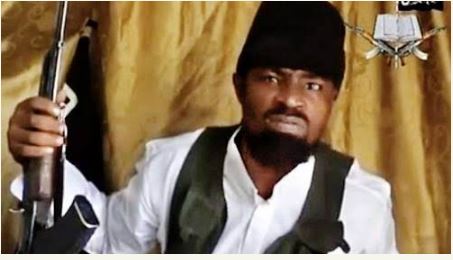News
Boko Haram: UNICEF Reveals The Staggering Number Of Children Kidnapped In The North-east
The staggering number of children in the highly populated north-eastern part of Nigeria who have been kidnapped by terrorists have been revealed.Abubakar Shekau, Boko Haram leader
The United Nations Children Fund, UNICEF, on Thursday, revealed that no fewer than 1,000 children, including 276 Chibok girls have been abducted by Boko Haram in North-East since 2013.
In a statement issued to newsmen in Abuja, the UNICEF Country Representative, Mohamed Malick Fall, described the reoccurring attacks against children as unconscionable.
He further called for the release of those still held in captivity by the insurgents, saying, “UNICEF is appealing for an end to attacks on schools and all grave violations of children’s rights.
“Since 2013, more than 1,000 children have been abducted by Boko Haram in northeastern Nigeria, including 276 girls taken from their secondary school in the town of Chibok in 2014.
“The four-year anniversary of the Chibok abduction reminds us that children in northeastern Nigeria continue to come under attack at a shocking scale. They are consistently targeted and exposed to brutal violence in their homes, schools and public places.
“Four years on from that tragic incident, more than 100 of the ‘Chibok girls’ have yet to be returned to their families.
“The recent attack on a school in Dapchi in which five girls lost their lives is just the latest indication that there are few safe spaces left for children in the northeast. Not even schools are spared from violence.
“These repeated attacks against children in schools are unconscionable. Children have the right to education and protection, and the classroom must be a place where they are safe from harm.
“Nigerian authorities have made a commitment to make schools safer and more resilient to attack, and UNICEF stands with them to implement the Safe Schools Declaration, by which Nigeria commits to protecting schools and universities from violence and military use during armed conflict.”
Follow us on social media:




